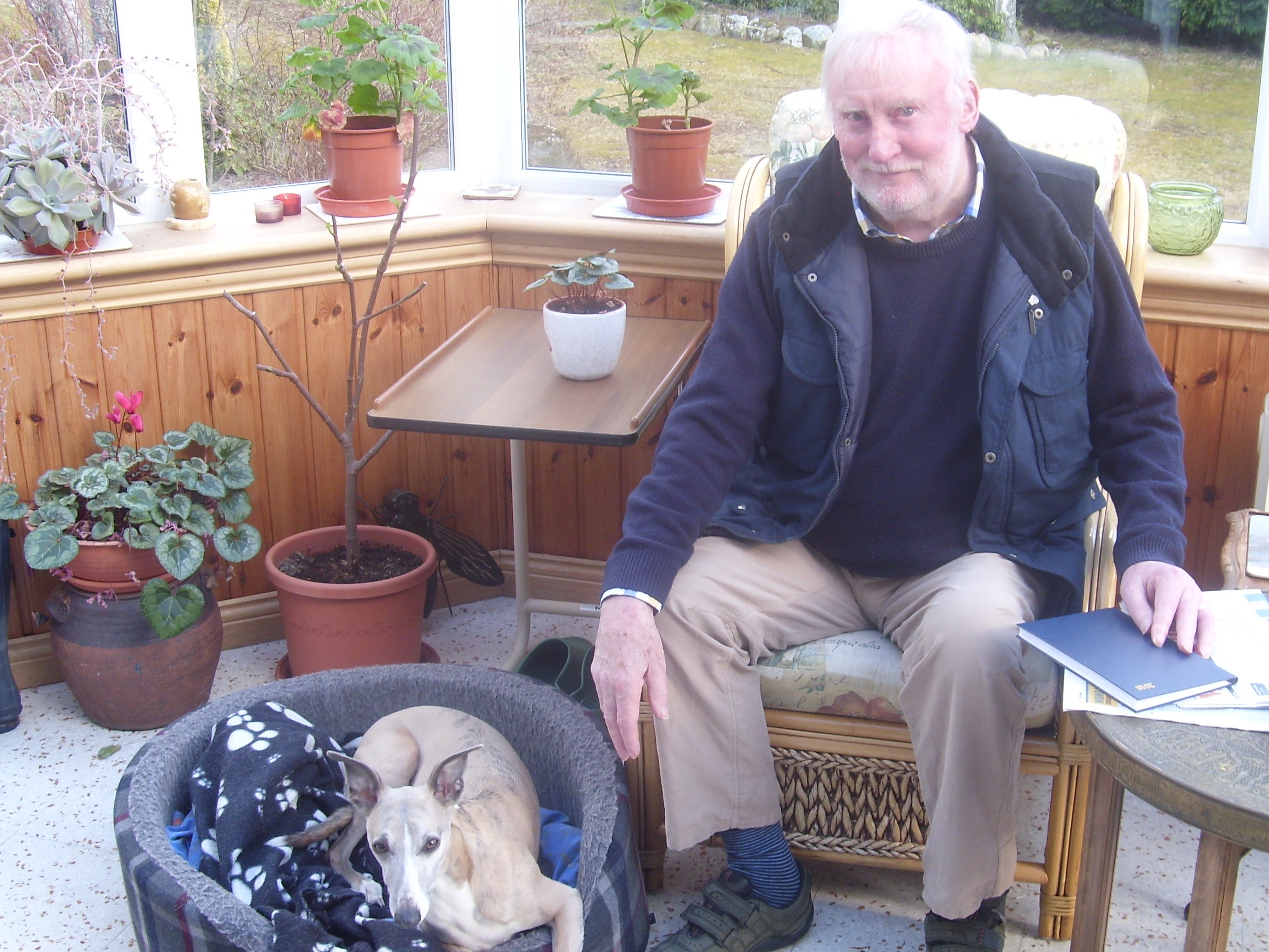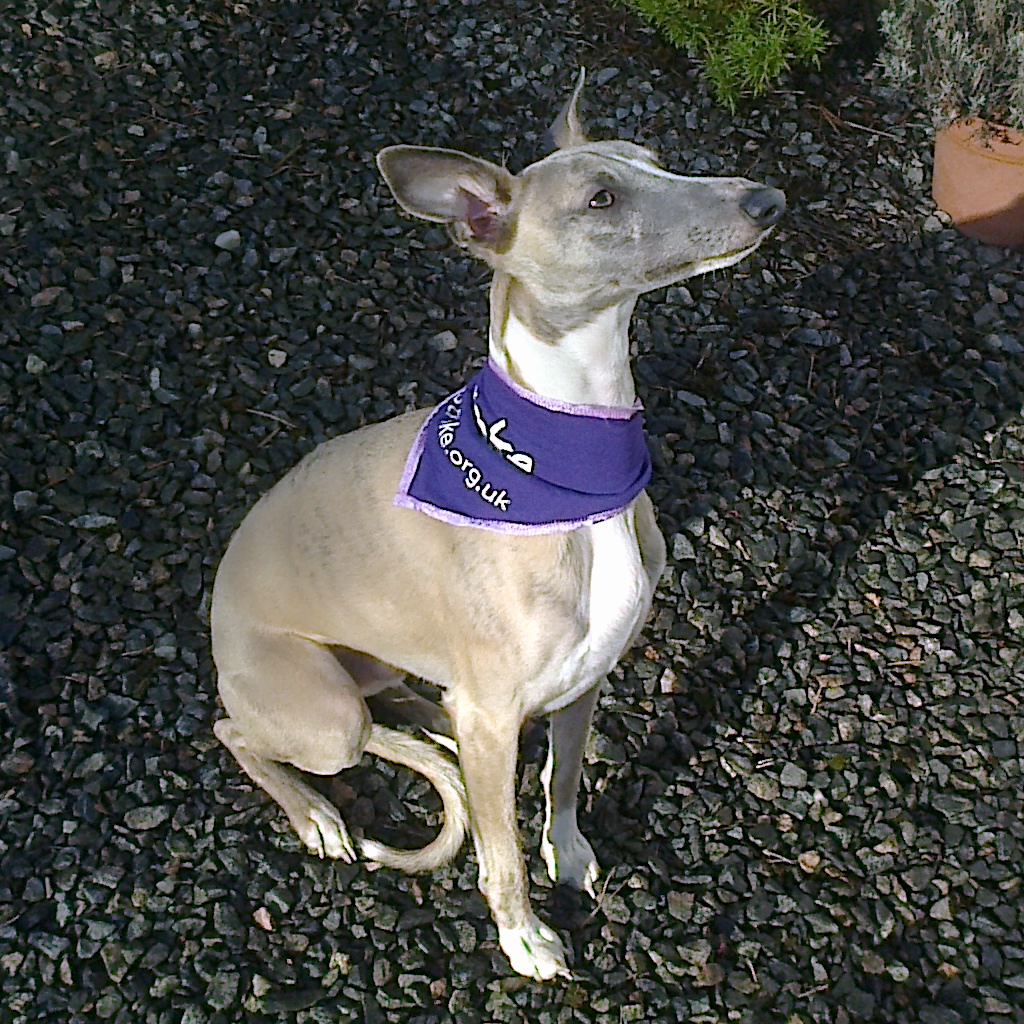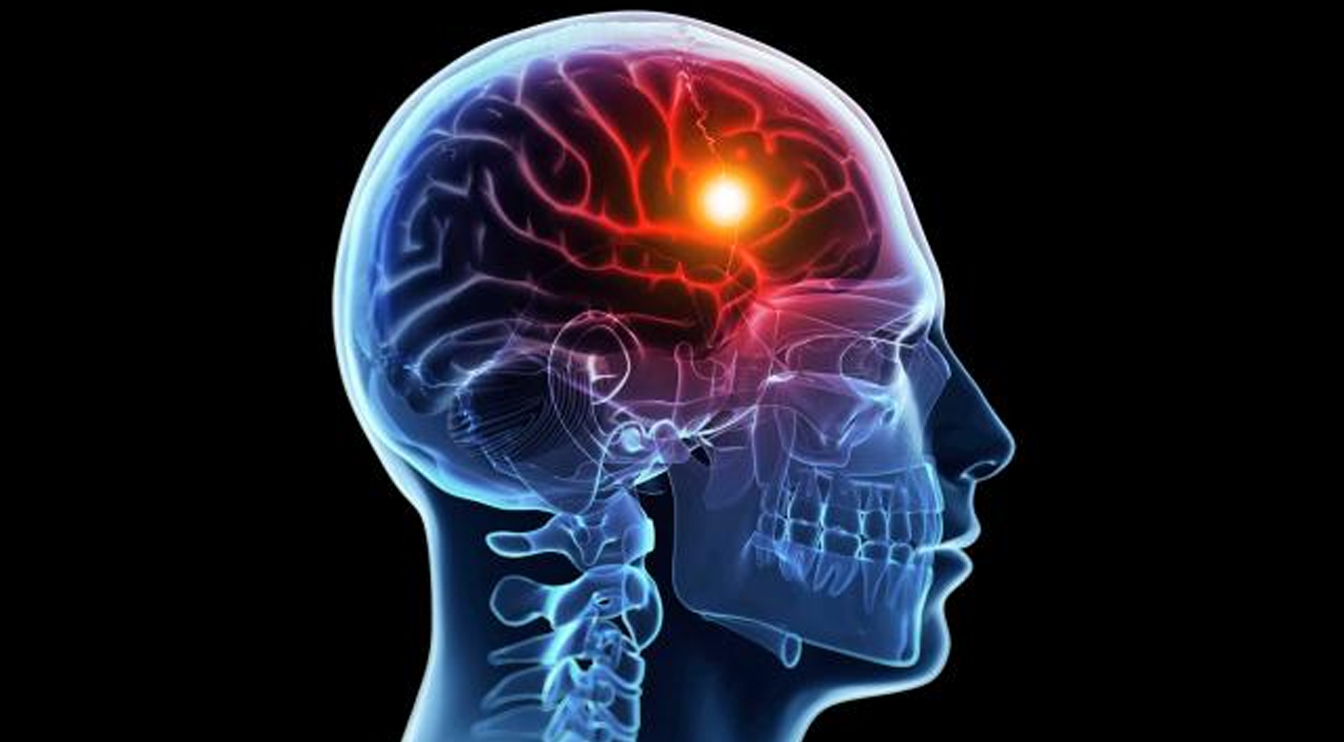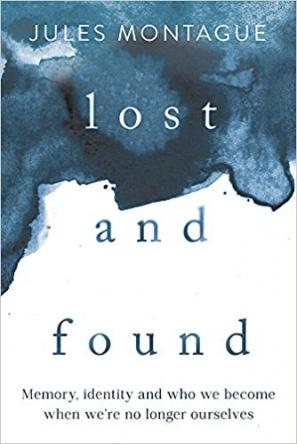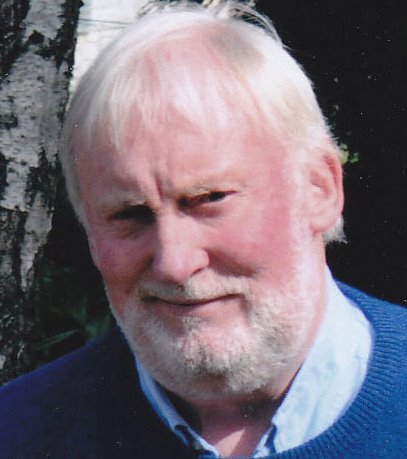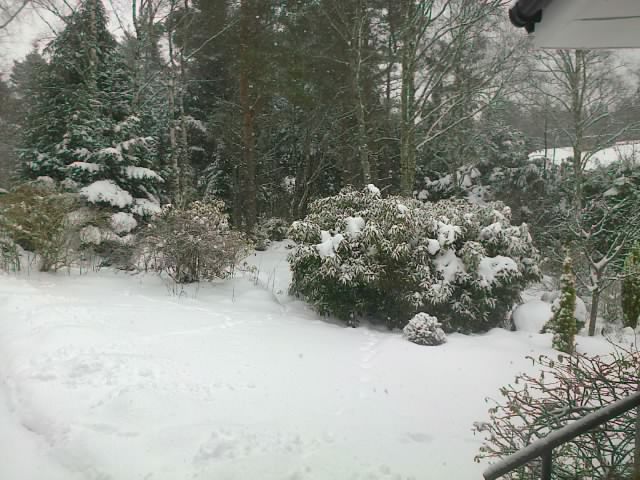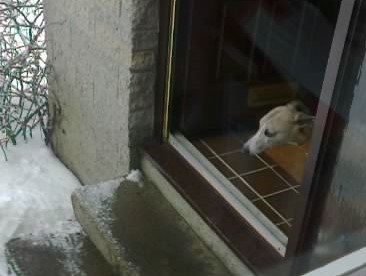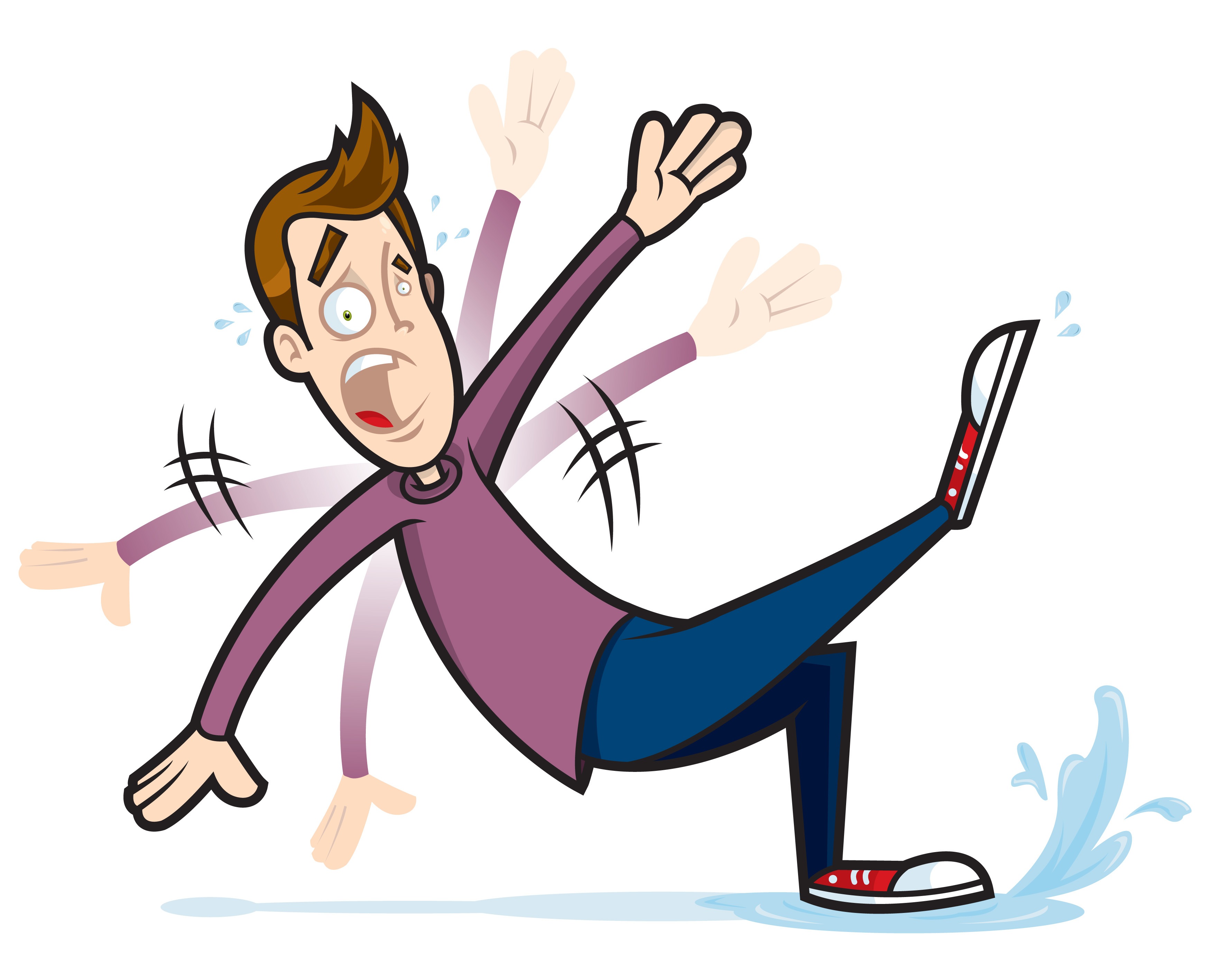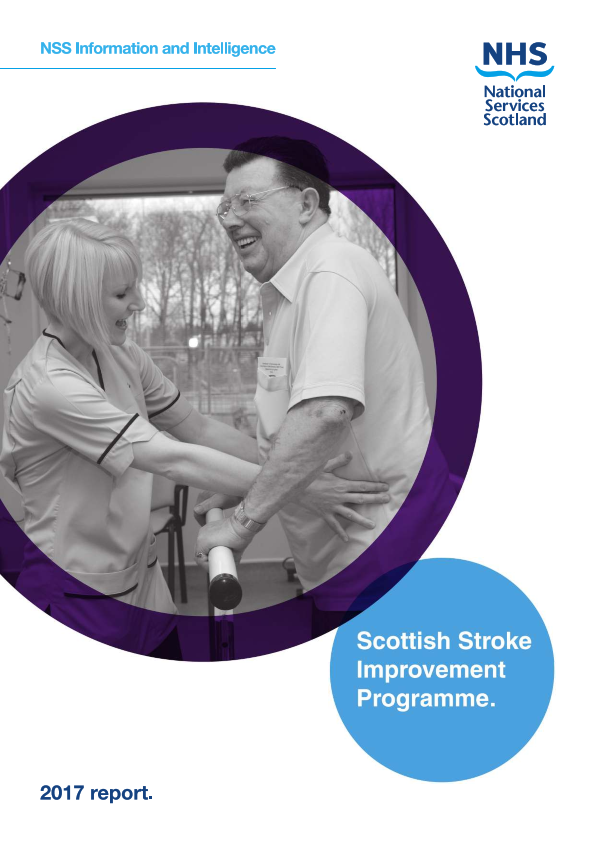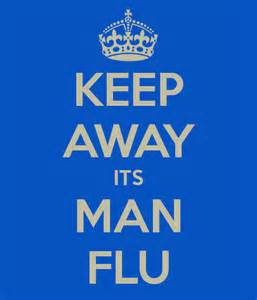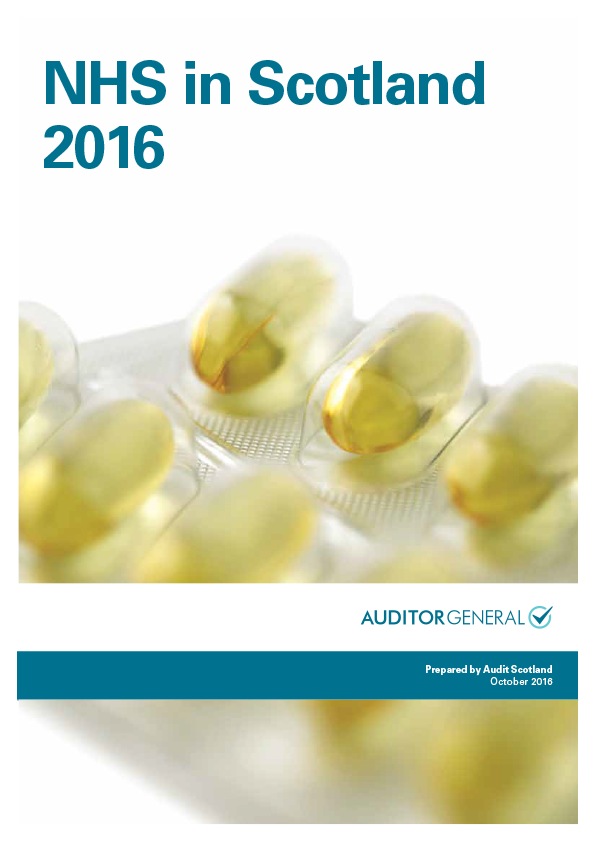 I don’t know whether this summer’s extended heatwave is beginning to get to me but I think I am in danger of turning into a grumpy old fart or GOF. Chorus from certain family members: “Turning into..?!” This morning my grumpiness was ignited more quickly than usual by social media commentary, working painfully in partnership with a bruising to my arm caused by falling over the dog recently. (The dog is OK, since you ask.)
I don’t know whether this summer’s extended heatwave is beginning to get to me but I think I am in danger of turning into a grumpy old fart or GOF. Chorus from certain family members: “Turning into..?!” This morning my grumpiness was ignited more quickly than usual by social media commentary, working painfully in partnership with a bruising to my arm caused by falling over the dog recently. (The dog is OK, since you ask.)
But to my tale. This tweet from the Swedish Ambassador to the UK, Torbjörn Sohlström, appeared on Twitter today, and was retweeted by one of my followers (I may not tweet often, but I know the jargon). The ambassador’s message was:
Congratulations England. You had the stronger team today, and a great goalkeeper. When I have digested the result, I will support Three Lions.
I am not a regular Twitterer (that way madness lies), but, however cynical some may be about the fact that this tweet came from a professional diplomat, I liked the sentiment and retweeted it with the comment:
Sums up the attitude that sport should be about
If you are reading this at some point in the future, and not the torrid present, you may remember that yesterday (7 July 2018) England beat Sweden 2-0 in the quarter finals of the World Cup. You should also remember that I am a Scot writing a blog in the heart of Scotland. These days sending such bland but positive comments about anything English out into the Twittersphere is to invite abuse from the small but unrelenting band of Scottish nationalists out there who will respond with foaming-at-the mouth abuse in reply just as quickly as their sweaty fingers can scuttle over the keyboard.
Sure enough, an email arrived moments later alerting me to a friend’s comments on Facebook:
Hell would have to freeze over before I supported Englandshire in even a game of Tiddliwinks! I’m Scottish, never British!
Much worse will follow that factually incorrect statement, I am sure.
It is important not to take this stuff too seriously. In the past (by which I mean before the ascendancy of the current domineering Scottish political class) it was possible to indulge in good humoured banter about the relative merits of Scottish and English sport without anyone getting worked up into a steamy, boiling nationalistic frenzy. Nowadays it’s a minefield where unwary comments about the Scotland team, the England team or the UK constitution can destroy friendships and families. I say “UK constitution” but what I mean, of course, is “Scottish independence”. I have learned over time that the best way to defuse the aggressive nationalist mine is to beat their explosive into the ploughshare of humour, if at all possible.
 Anyway, for what it’s worth my very amateur view of yesterday’s game is that both teams played well, but England defended particularly well, played as a mutually supportive team and played with obvious passion. Above all, there appeared to be no prima donnas on either side.
Anyway, for what it’s worth my very amateur view of yesterday’s game is that both teams played well, but England defended particularly well, played as a mutually supportive team and played with obvious passion. Above all, there appeared to be no prima donnas on either side.
I suppose I am privileged in a way. The experience of waking up paralysed and alone in a Norwegian hotel, not knowing whether you are going to live or die, helps you to understand what are the important things in life. So, I know that, at the end of the day, none of the above matters – not the football, not the social media sniping, not the bitterness of some politicians, not Harry Kane’s hairstyle or even Gareth Southgate’s waistcoat. What matters – at a personal, national or international level – are family and friends, and sustaining and supporting good relationships between and among them.
That is something I boringly try to remember every time I find myself lurching towards the caricature of a GOF.
So what’s the issue with our Scottish politicians – an excess of heat? too much hot air? or not enough of a sense of humour?
You decide.

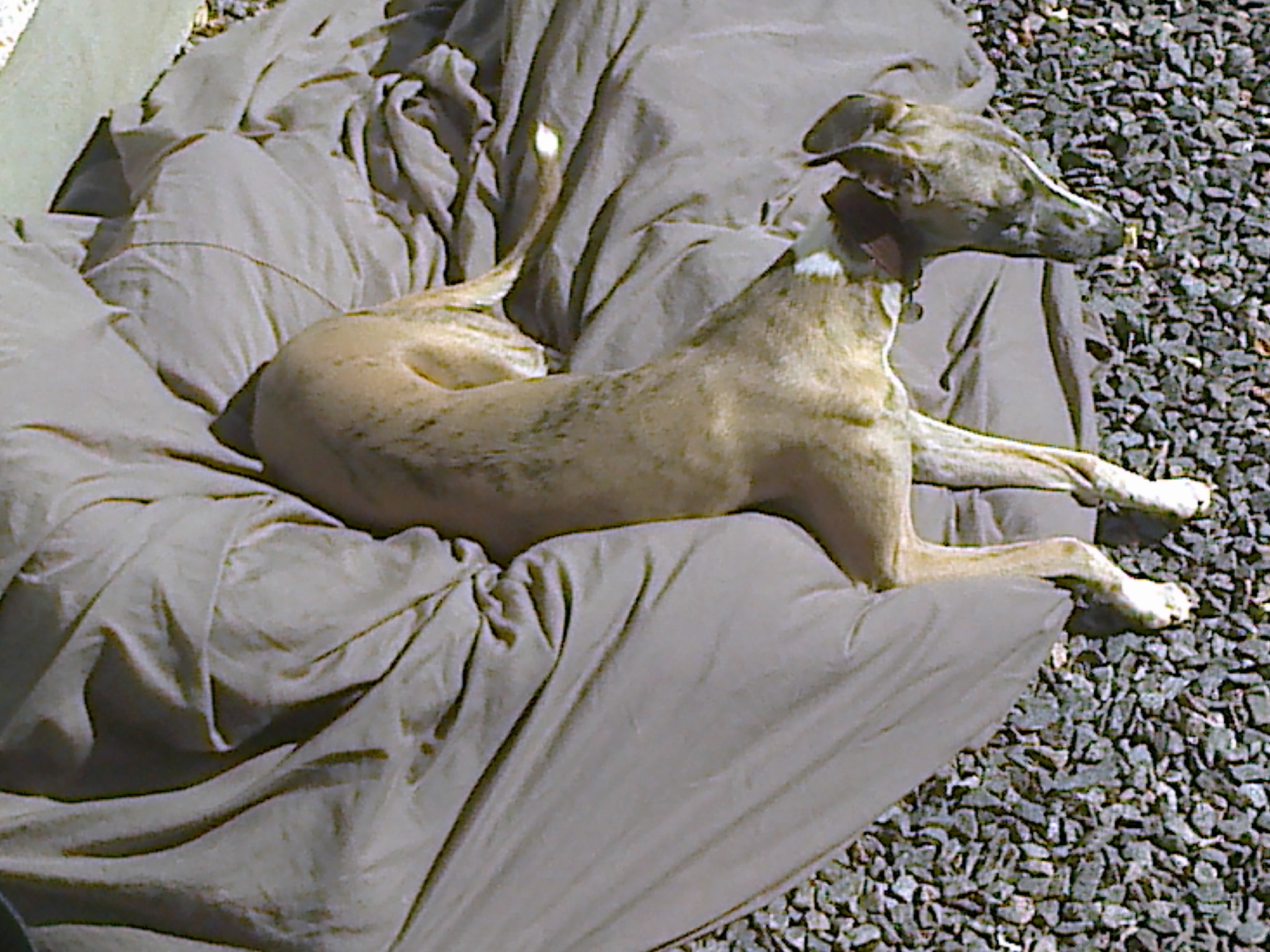 In the mid 1970s, I spent a year working as a lecturer at the Federal Advanced Teachers’ College in Okene, Nigeria. I say “working”, but in fact the College had not actually been built due to a significant dispute about land. Despite this, some students and a substantial complement of staff had been recruited from Nigeria, the UK and a number of other countries The college was temporarily housed in what had previously been an army barracks. I posted about this experience on this blog some time ago – see
In the mid 1970s, I spent a year working as a lecturer at the Federal Advanced Teachers’ College in Okene, Nigeria. I say “working”, but in fact the College had not actually been built due to a significant dispute about land. Despite this, some students and a substantial complement of staff had been recruited from Nigeria, the UK and a number of other countries The college was temporarily housed in what had previously been an army barracks. I posted about this experience on this blog some time ago – see 
